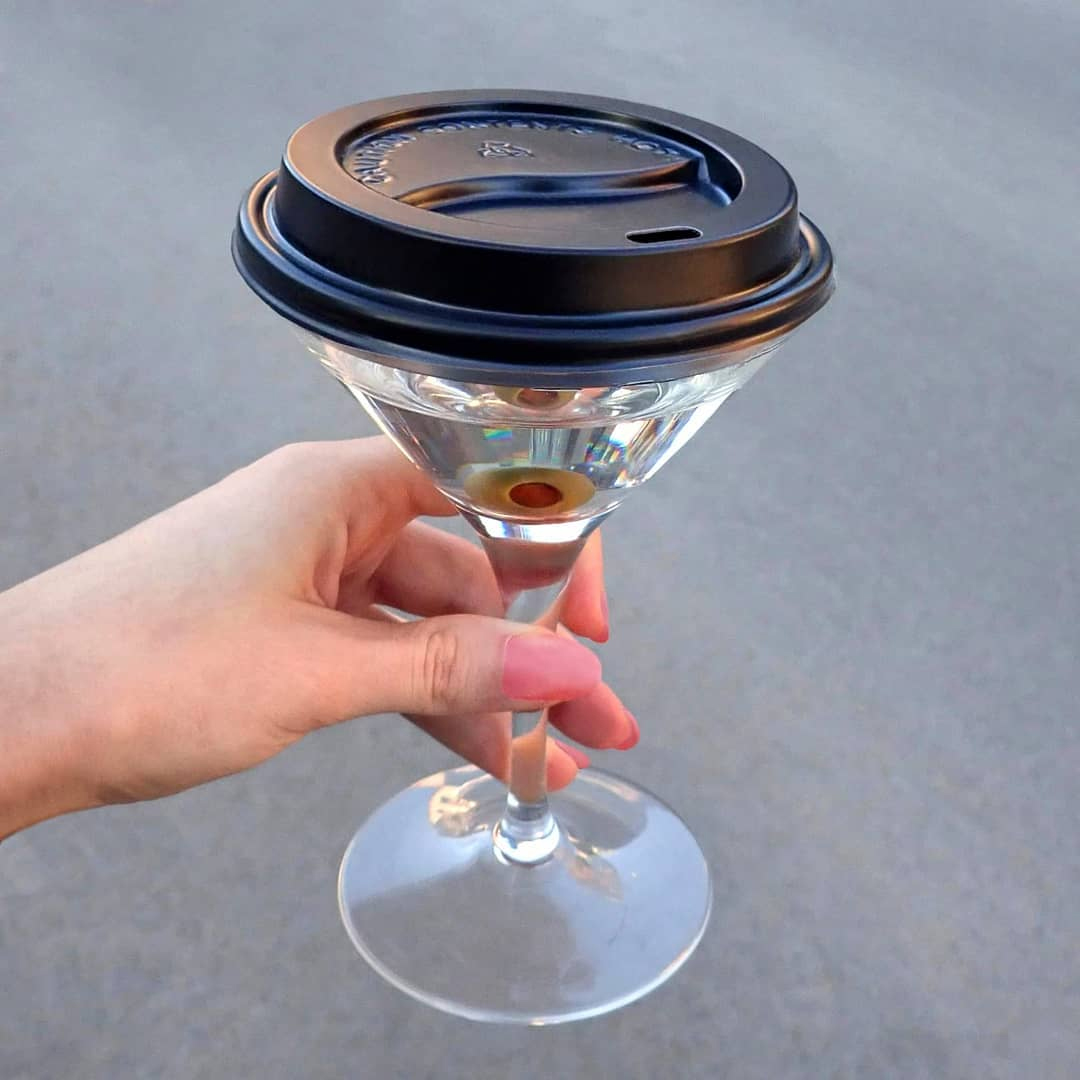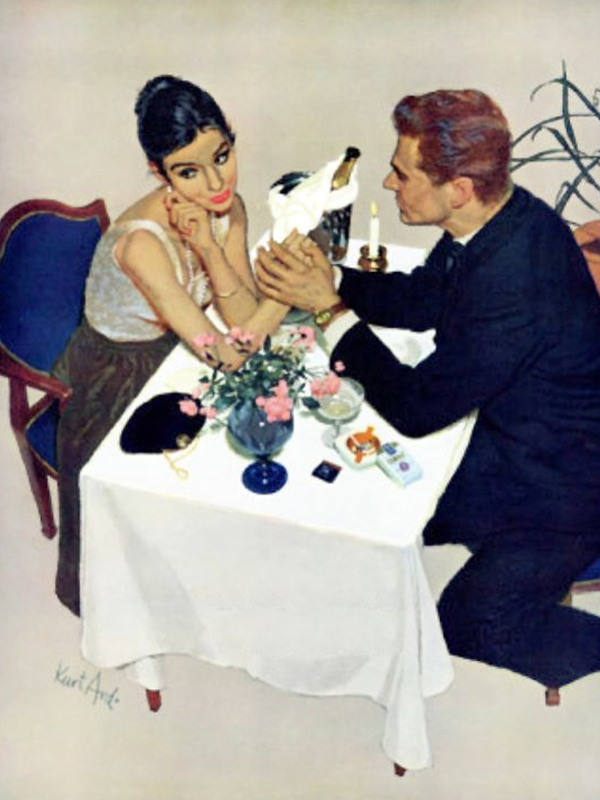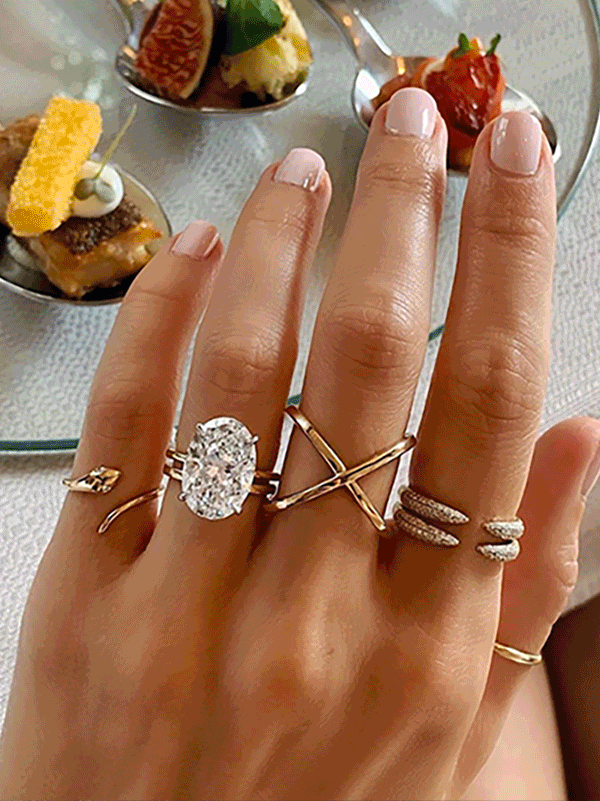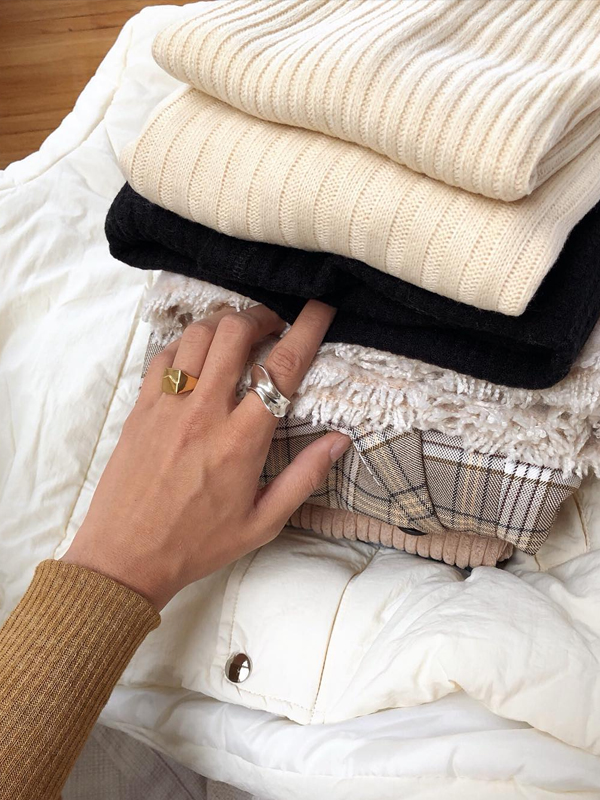
Too Late
May 19, 2020
I Spent Thousands Of Dollars To Meet Britney Spears For Exactly 1 Minute
May 19, 2020I Was An Alcoholic At 21 Years Old

Photo credit: Gab Bois, @gabbois / Instagram
I woke up on a frigid February morning in Denver, the second day of my stay in the city. I reached for my phone only to realize I had knocked it to the floor just seconds before in my attempt to disable the alarm. With renewed effort, I contorted my body so I could grab it without having to get out of bed and that’s when I realized what was happening: I couldn’t feel my legs.
My lower half was physically paralyzed, and my upper was now frozen in fear at the prospect that I had lost my legs’ basic motor skills.
Like some acrobat, I rolled off the bed onto the hardwood. Checked my phone. Dead. How do I wake up my legs? I thought. Cold water. Swallowing down panic, I crawled with all my upper body strength to the bathroom. The whole ordeal took 10 minutes.
I turned on the faucet of the bathtub, praying the chilly temperature would shock my immobile legs into action or at least get them to feel something. Anything. I let out a yelp as I used my arms to slowly dip myself into the puddle that was pooling at the bottom of the tub. Cold, I can definitely feel that. And yet, no feeling in my legs. That’s when I couldn’t help but panic.
Usually it was just the hands—an uncontrollable shake and tingling that eventually rendered them numb. But the more I drank, the larger the region of metastasis. In the past, it went beyond the hands and up the arms; once I lost sensation below my ankles but never my legs. I counted the number of glasses I drained the previous night, but a strong wave of nausea hit me before I could get past one hand. I was visiting one of my closest friends, whom I hadn’t seen alone in months. The night before, we picked up a sizable bottle of Gentleman Jack—we were both whiskey women—and alternated sitting on the floor of her living room and dancing to some of our favorite music as we caught up on the events of the last year.
Things had changed, but not much. She was in a long-distance relationship, with a proposal to come the next month. I was in the same on-and-off situation. She was a multimedia journalist at another local TV station, side-hustling as a stylist (for which she was on call during this incident), while I got a new job as an editor at a digital publication. She had her own one-bedroom apartment, and I was still sharing a studio with a hypercritical roommate whose presence I avoided as much as I could—to the point that I would find any excuse to not come home almost every day.
My family and friends warned me against moving in with her, but I wasn’t willing to post up with a random person on Craigslist.
I had gotten to know her during my time in grad school. She didn’t have many friends, and before long I began to understand why. Once, in a bid for attention, she attended a house party wearing a hospital band following her discharge—complete with a designer outfit and a stack of bracelets on the same wrist—and proceeded to refer to it throughout the night. She spoke harshly about some of our fellow students behind their backs, then offered them smiles and generous words to their faces. Even worse, she would treat service workers poorly. Yet, we continued to spend time with each other—me, because I was too much a coward to tell her the truth, and her, because she had no one else.
One by one, my grad school friends admitted to me their dislike for her. By the time we graduated, she had only a few connections left from school. But the biggest issue I had with her was how she would hold my age against me. Six years older than me, she could be annoyingly condescending, often belittling my experiences whenever she had the chance. “You’re only 21—you’ll learn.” “There’s so much you still don’t understand.”
I grew frustrated, even visibly upset—but every time I tried to explain how I felt, she grew argumentative. To avoid confrontation, I chose to lessen my interactions with her. I put in an extra hour at the gym, finished my grocery shopping on weeknights, took advantage of our rooftop’s quiet space to do some writing, and penciled in more time in the office.
But I soon ran out of things to do, and it gradually got too cold to spend late evenings on the rooftop. Luckily, my job started to require my presence at work-related events—previews, presentations, and cocktail parties where mind-numbing amounts of alcohol were graciously comped.
It first hit me at a Sia concert. I was invited to a VIP room at the venue, lined with multiple buckets of red, white, Johnny, and Henny bottles. Although I didn’t plan on more than a couple drinks (considering I had a key interview scheduled the next morning), I discovered that my roommate had asked out the guy she knew I liked to join her and a mutual friend at a bar.
Annoyed and slightly jealous, I took a swig of whiskey, followed by a chaser of merlot. And once I started, I couldn’t stop; the more I drank, the less I felt. I mixed wine with vodka, quenched my thirst with rum—and the next thing I knew, I was 20 feet from the subway station outside Barclays Center with two police officers interrogating me about the bottle of Grey Goose peeking out of my tote. (I was eventually let off the hook.)
I blacked out, but I managed to make it home, spending the next couple of hours hunched over the toilet. The bathroom door swung open, and before it stood my roommate, noticeably upset, and an EMT who hoisted me up and asked if I needed a gurney. Refusing the help, I was escorted into an ambulance and taken to a nearby hospital where I spent the night turning down an IV, which was posited as an option for treatment.
The sun was rising when I finally headed home. Still somewhat drunk, I could barely recall the doctor who took my vitals telling me that I had an alcohol problem. Tucking myself into bed and ignoring even more judgmental stares from my roommate, I went back to sleep and skipped my interview. Even the splitting hangover wasn’t enough to prevent me from doing the same thing a few days later. And the weekend after that. And the months that followed.
In hindsight, I’m convinced my problem began the moment I picked up my first real alcoholic drink. Unlike most people who attest their first drinks were horrible—at least from what I’ve heard—my first sip was glorious, and I had been looking for more of it ever since.
Eventually I kept my side of the room stocked with a rotation of bottles. On hectic mornings, I took shots to give me a boost. Ahead of Sunday brunches, I’d pregame with straight gin or vodka. And after arriving home most nights, it would be a final swig before turning in.
On more than several occasions, I’d black out and hear about the night before from my friends—some of whom, genuinely concerned about my welfare, questioned whether I was OK. I wasn’t, but I was in denial. I preferred the disgust and embarrassment in the aftermath over living in the present, like dealing with my sister’s worsening eating disorder, the 2016 presidential election, and a sexual assault that my roommate blamed on my decision to drink the night of the incident. I was numb—save for the occasional muscle spasms or minor loss of functions.
But that chilling morning in Denver, I realized that spending time with my best friend the previous night was the happiest I’d been in months. We laughed, we cried, and we shared more stories with one another in a single night than my roommate and I did in half a year. I didn’t want to lose moments or friendships like that. I just needed one good day. So as I sat in her bathtub, I willed my legs to work. I’ll be better, I promised. I’ll support my sister as best as I can. When my lease is up, I’ll say goodbye to both my roommate and the old me. In a wake-up call, I was ready to take responsibility for my addiction.
In the following years since the incident, I moved into my own studio, I severed ties with people who were toxic in my life, I stopped stocking hard liquor at home, I sought help from a counselor, and I took a stab at AA. I have started drinking again, but it’s not nearly as bad as it once was (I track every drink I consume, just in case). Because relinquishing the driver’s seat of my own body was one of the most terrifying moments of my life, I resolved to do everything in my power not to let it get to that point again. Sitting there that morning, with both icy water and relief washing over me, my legs came back, and I learned that feeling anything was better than feeling nothing at all.
One morning, I lost feeling in both of my legs.






